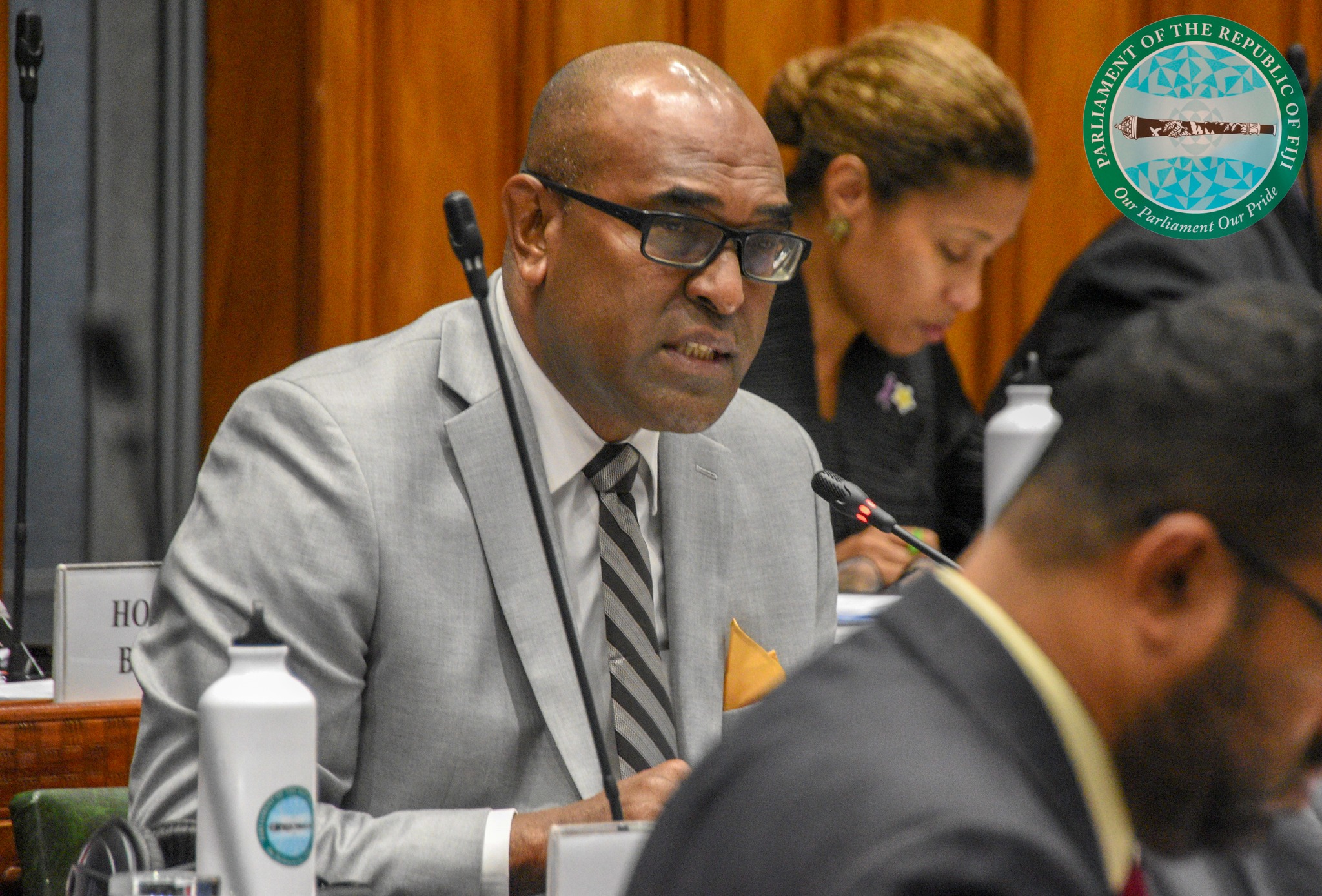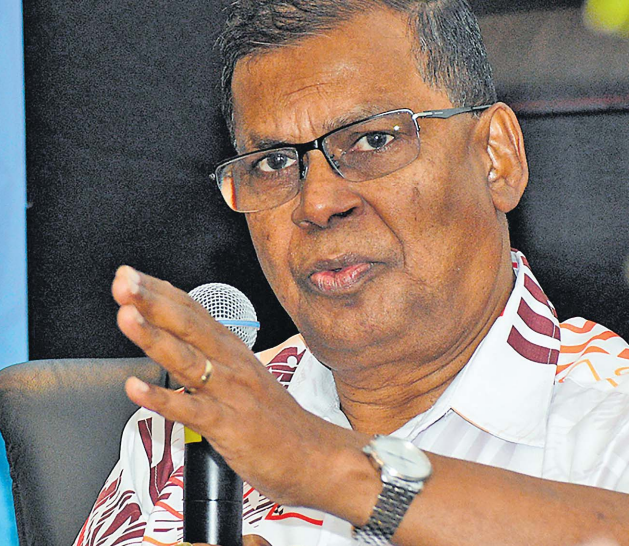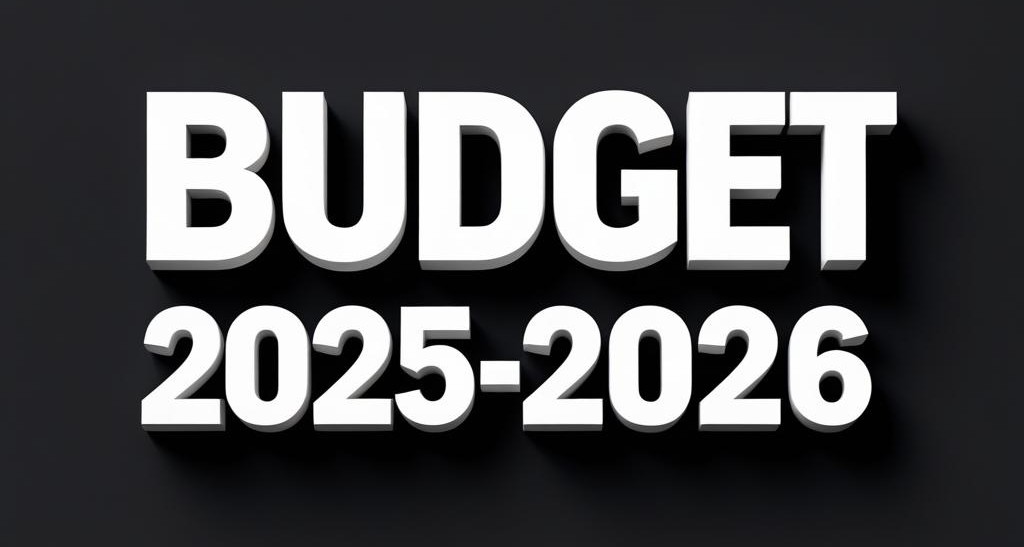Government has been very clear and deliberate in its policy priorities to address challenges in the health sector, says Minister for Health Doctor Atonio Lalabalavu.
This is especially so in the areas of infrastructure, human resources, quality health service and health financing.
“The public health sector carries the heaviest health service burden in Fiji and works collaboratively with the private sector to deliver services that contribute to improving the health and well-being of every Fijian,” Dr Atonio said.
Strengthening primary health care
Dr Atonio said the ministry, with the World Health Organization (WHO) and other partners, was finalising the public health care (PHC) strategy for Fiji, which would define the PHC role and functions at all levels.
“The PHC approach is best suited to address the high disease burden of communicable diseases in the country and also build resilience in our health system from the nursing stations, health centres and sub divisional hospitals,” he said.
“Two other national policies that have been endorsed and now implemented — the School Health Policy, which was developed in consultation with the MoH, and the Early Childhood Development Policy developed with the Ministry of Education and the Ministry of Women.
“These two policies will greatly facilitate the protection and promotion of good health and healthy living for our children.”
Improving health infrastructure
The minister said the ministry had undertaken many infrastructure improvement projects in the last year and a half which had addressed health clinics and hospitals, staff quarters, water sources, power sources, vehicles and communications.
“A new medical boat was delivered to the Visoqo Nursing Station in the northern end of Macuata Subdivision in Vanua Levu. It will help the resident nurse reach all her coastal communities in her outreach visits,” he said.
“We thank the support from many generous partners who are assisting the ministry to improve its existing health infrastructure and support systems, as well as future development projects such as the redevelopment project for CWM Hospital, the new rehabilitation hospital and the new super speciality cardiology hospital.”
Health workforce
Dr Atonio reiterated the global shortage of healthcare workers which continues to threaten healthcare workers in Fiji.
“Many healthcare workers have exited the public health care sector to go abroad, as well as move into the private sector in Fiji,” he said.
“The Government has instituted a number of strategies that include raising the retirement age from 55 to 60 years, adjusting for salary anomalies amongst the different cadres, as well as approving salary increases across the civil service, including doctors and nurses.
“Building a skilled and motivated workforce and ensuring we have the right people in the right place with health training institutions to look at strategies to address the gap in the health workforce.”
A new National Development Plan (NDP)
The minister said the new NDP would provide hope and directions for development in Fiji.
“The ministry is looking forward to aligning its strategies to the new NDP, and consolidating its path of establishing a resilient health system that embraces innovation and technology, and delivers high quality, evidence-based health service that contribute to the vision of a healthy population in Fiji,” he said.






